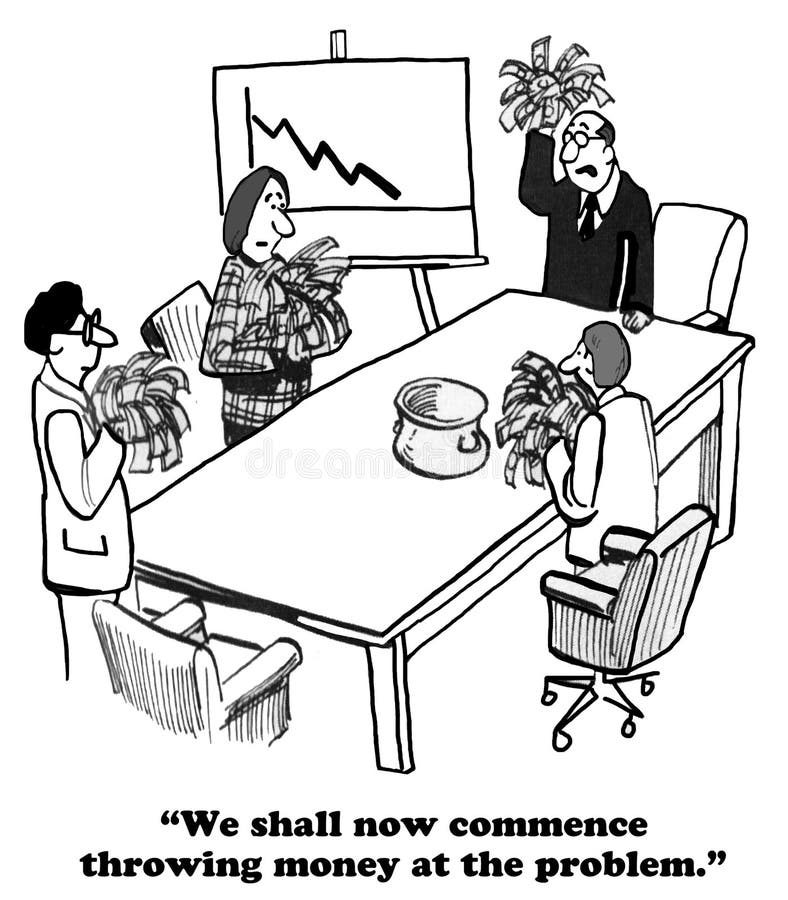Ah my beloved management falacy: let’s throw bodies at a problem.
Let’s face it, nobody likes problems even small ones and if they are bigger even worst. The bigger or the more complex the problem the harder it is to find an obvious solution. If you’re lucky you’ll get the team members to work together to brainstorm some ideas that can work and resolve it and apply “trial and error”, which might or might not work as per desired timelines.
So what’s the “easiest” way out?
Let’s throw bodies at a problem.
I’ve lost count as to how many times different levels in the organization come up with let’s get more people, because more people the faster it is to resolve something right?
No!
Just because you get 9 mothers it doesn’t mean you’ll get the baby delivered in a month. Would be good, but that’s not how it works.

Every time I hear this answer to any given problem this song plays straight into my head
It’s very easy to believe that the more people you get the more problems / tasks they can achieve. The problem which is easily forgotten is that the more people you need the stronger the communication needs to be to be able to split a big piece of work in smaller parts, distribute the workload and all still fit together. The more people, the more management and if they happen to not have the right skillset for the problem it might end up having the undesired impact.
When you have a problem to tackle you need different ideas. Having 1 or 2 people from outside helping to brainstorm on how it can be tackled can indeed be quite helpful, but ultimately you need to be able to know how to distribute the work among all the “new joiners”. You’ll also have to spend some time explaining what the problem statement is so the additional resources can help to tackle it. I suppose if you have a big problem in the hands of a given team, the last thing the team will want is to have to do knowledge transfer to someone new. You’ll easily end up with a spaghetti monster of communication when no one knows who needs to do what.
Good article here
So what can you do instead?
Well, I’m a firm believer in the power of small teams. Hence, if you have a big problem to tackle, whereas you might benefit from some specific help (1 or 2 people), I would say it needs to come down to priority. What can be dropped from the team’s plate to tackle “the problem”. Get the team to brainstorm what could be done, split the work and let them try to achieve it.
Add into the backlog all the other items which are being paused, in priority item so they can start to be addressed as the resources become free from tackling the bigger issue.
Define quick wins that will booste the morale of the team and ensure they can indeed resolve this massive problem in front of them.
Empower them to make the right decisions within the team, which will reduce the time required to get all the buy in from the different stakeholders and let them present their findings and progress.








